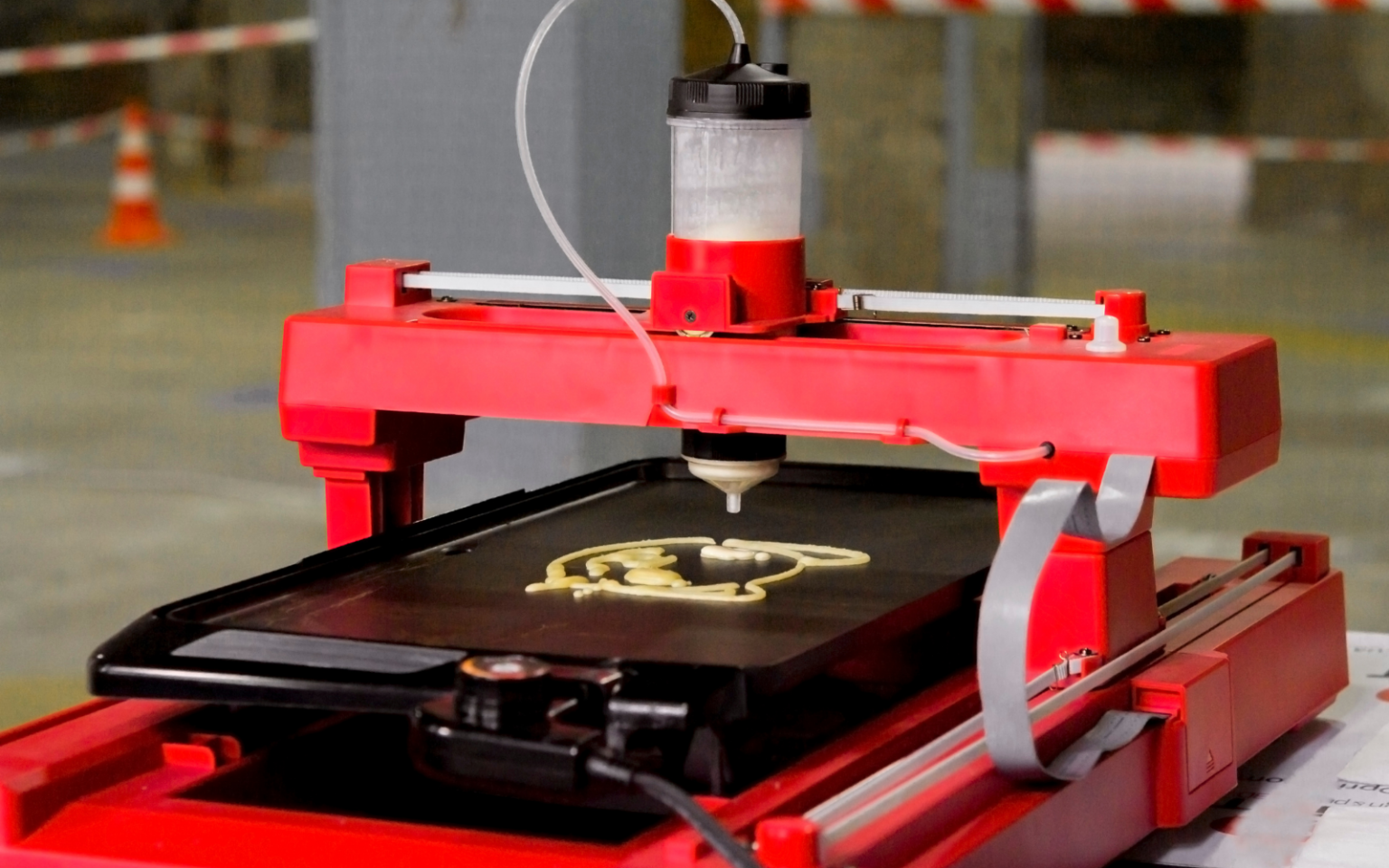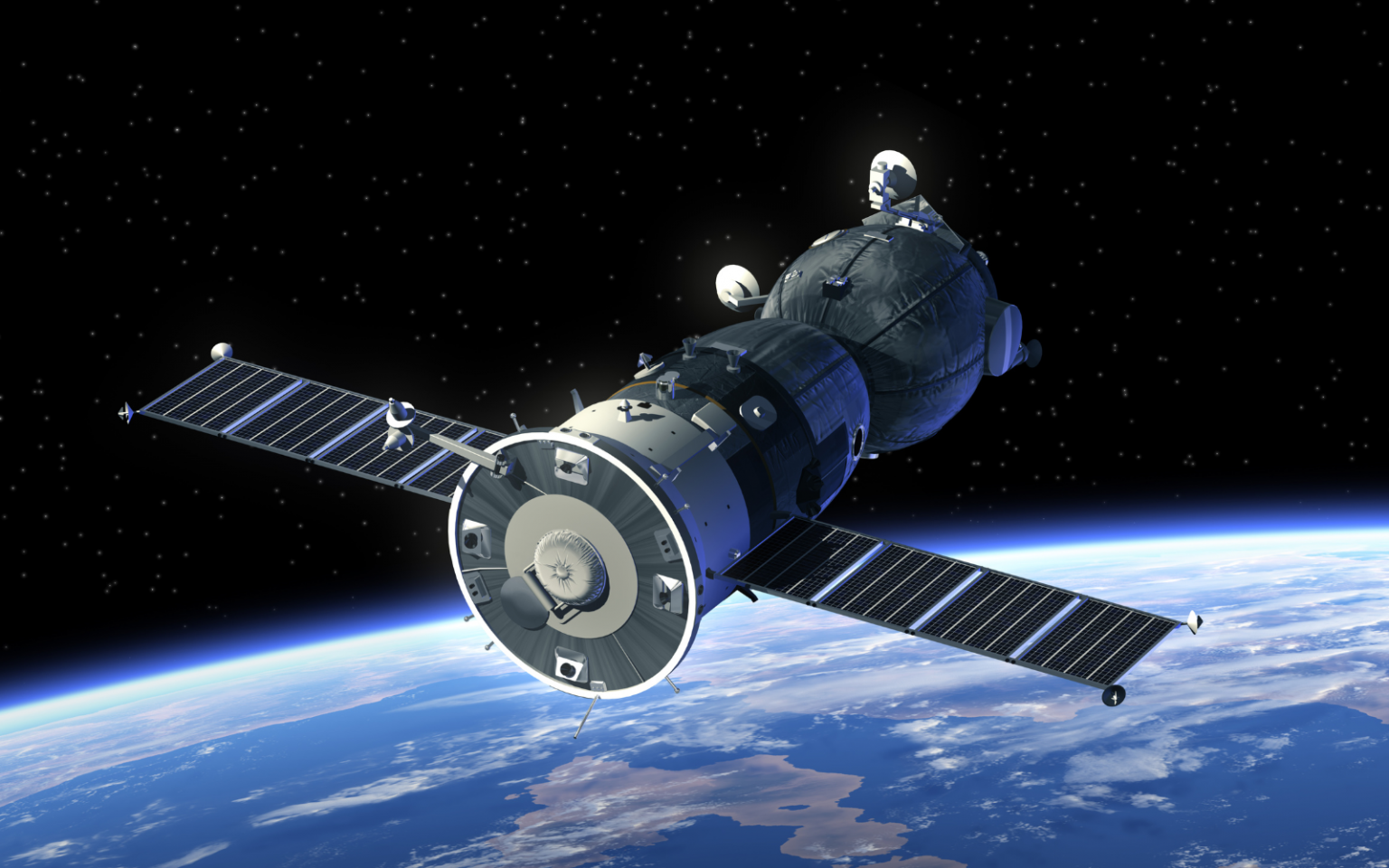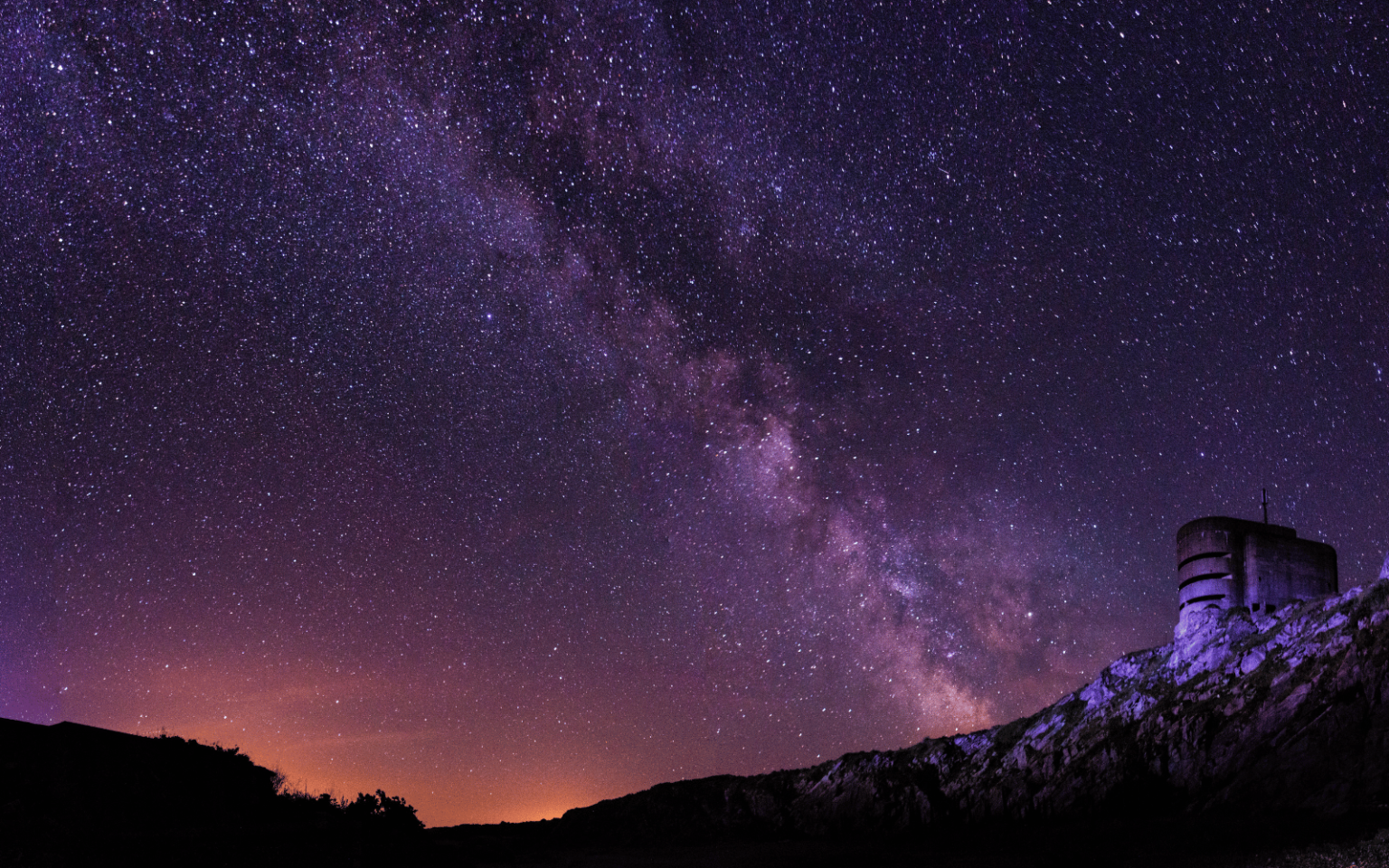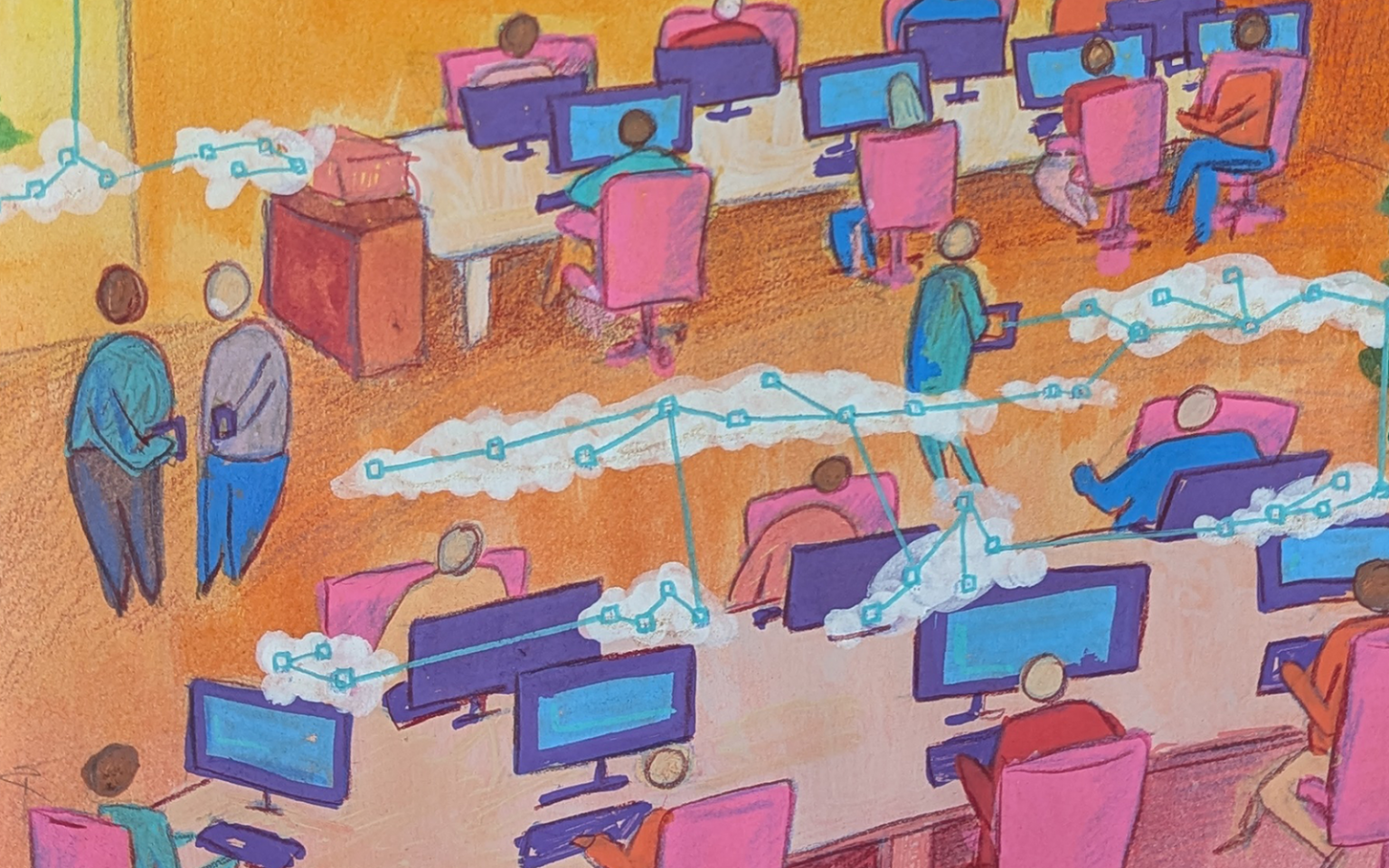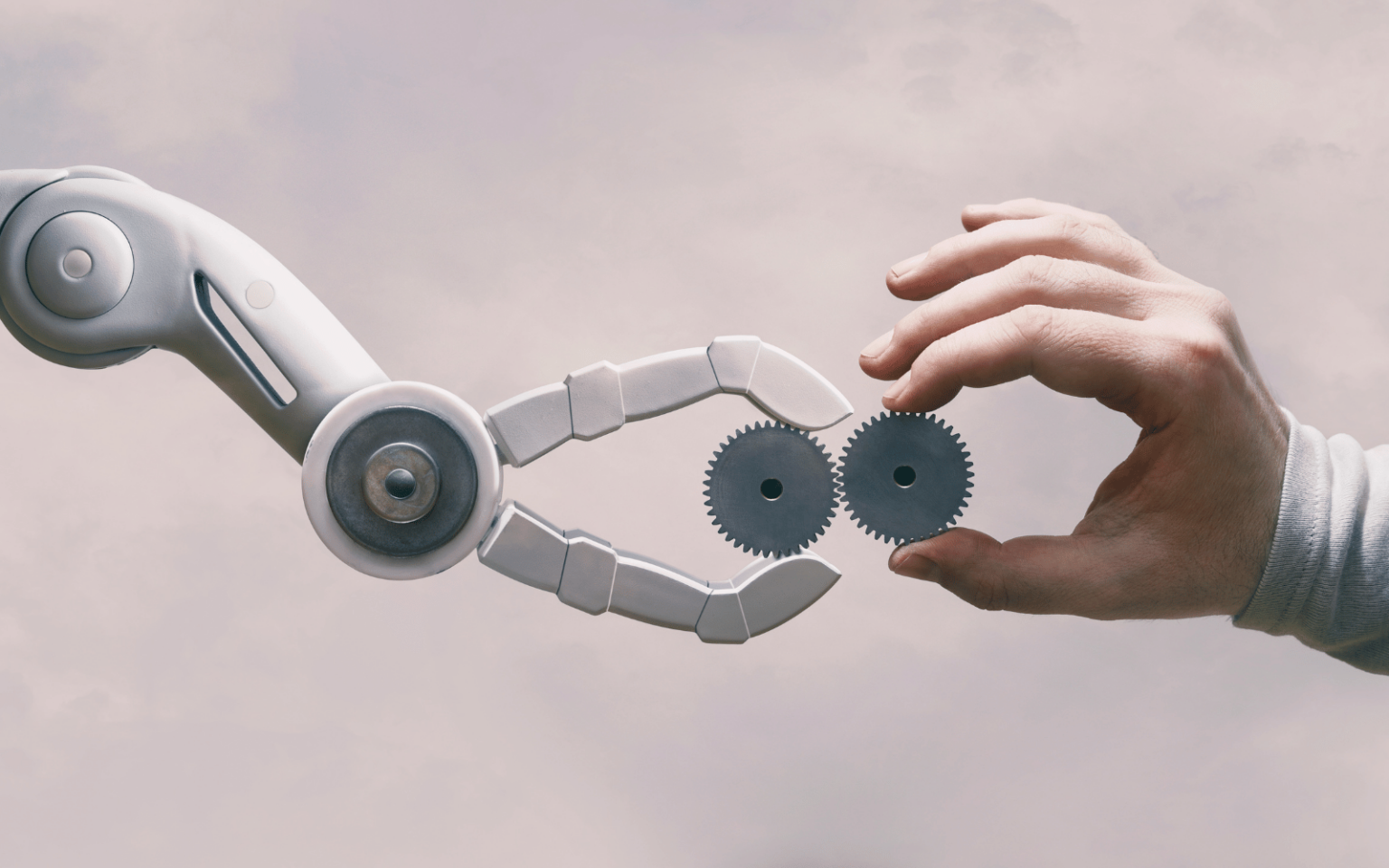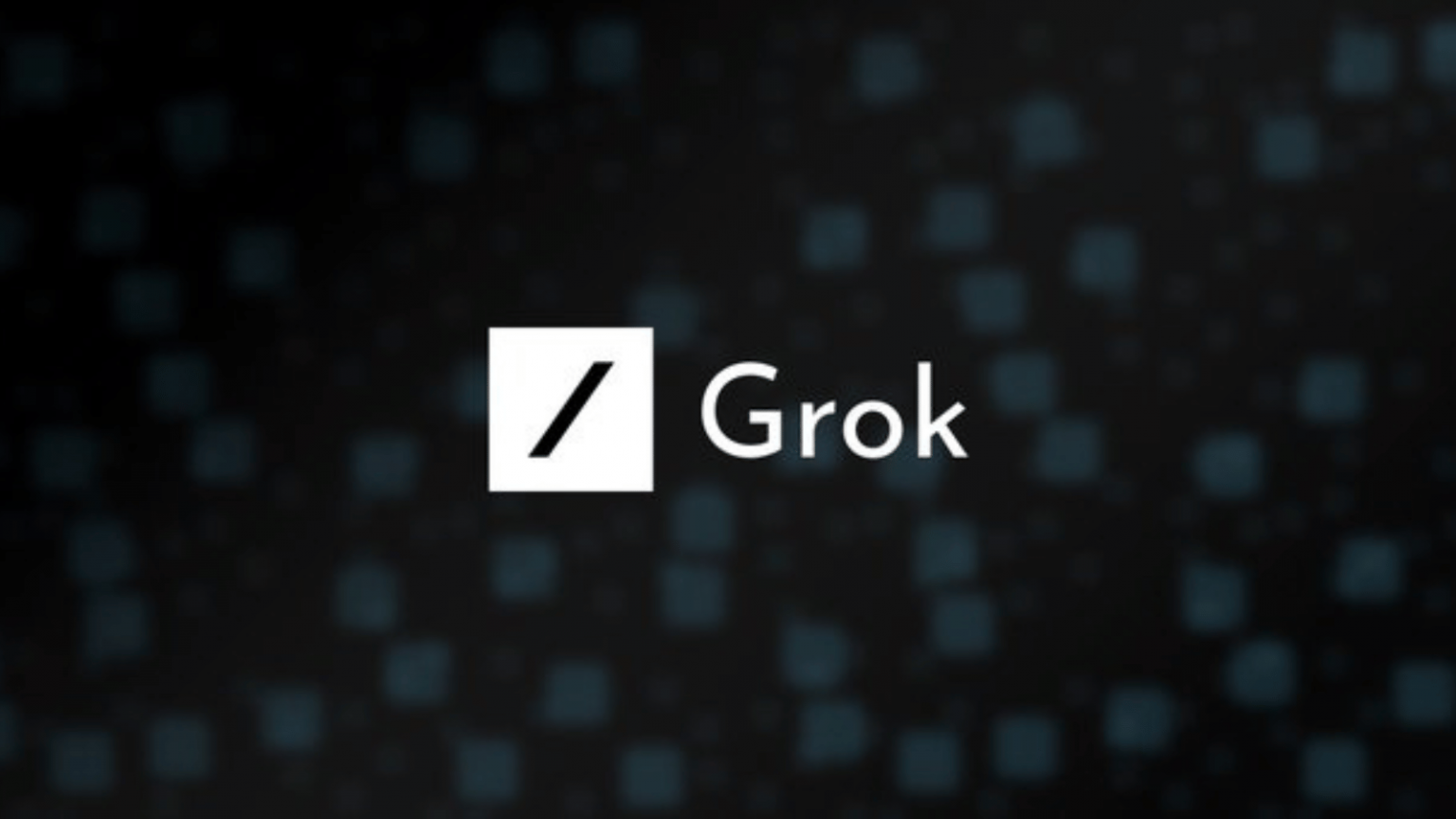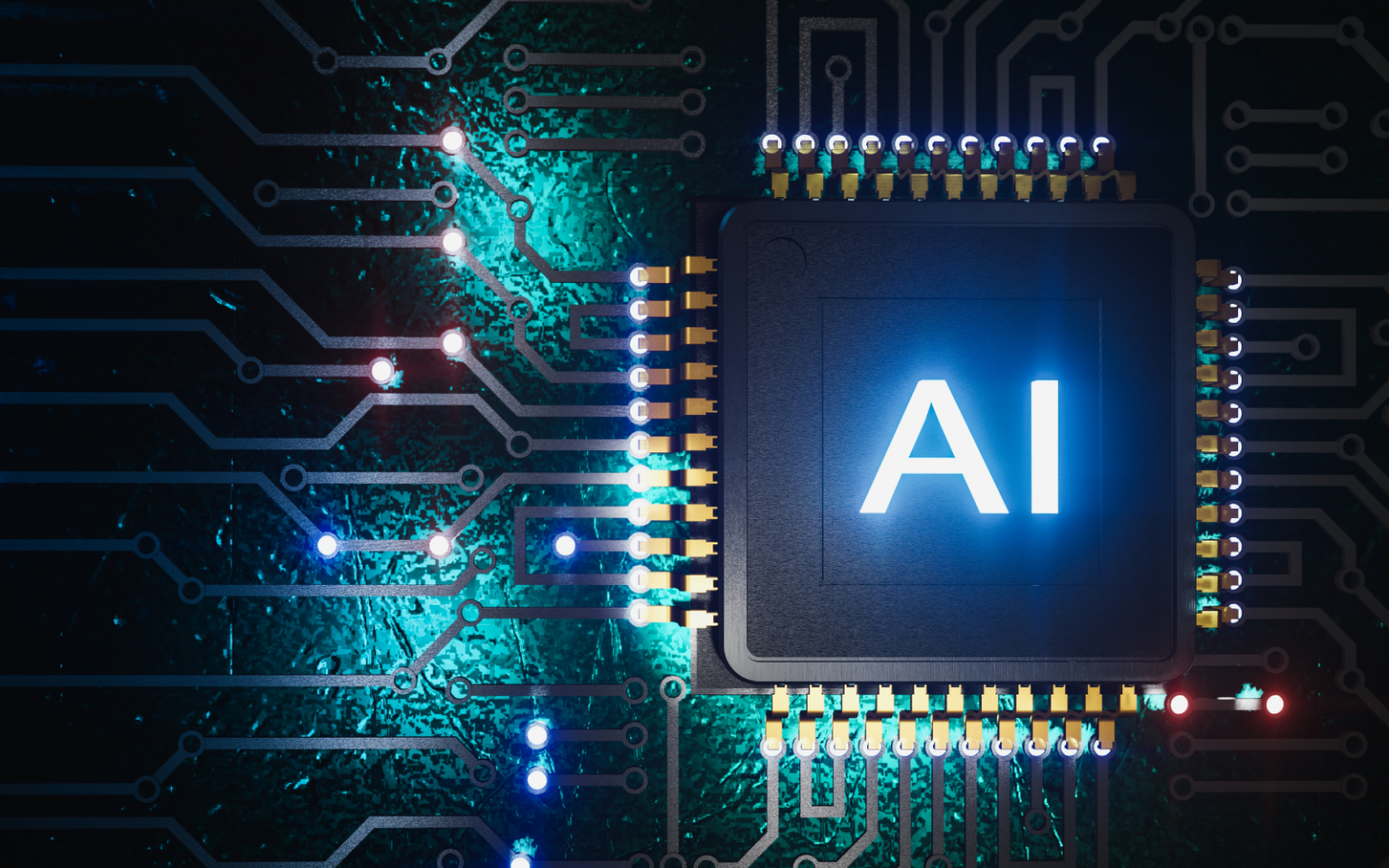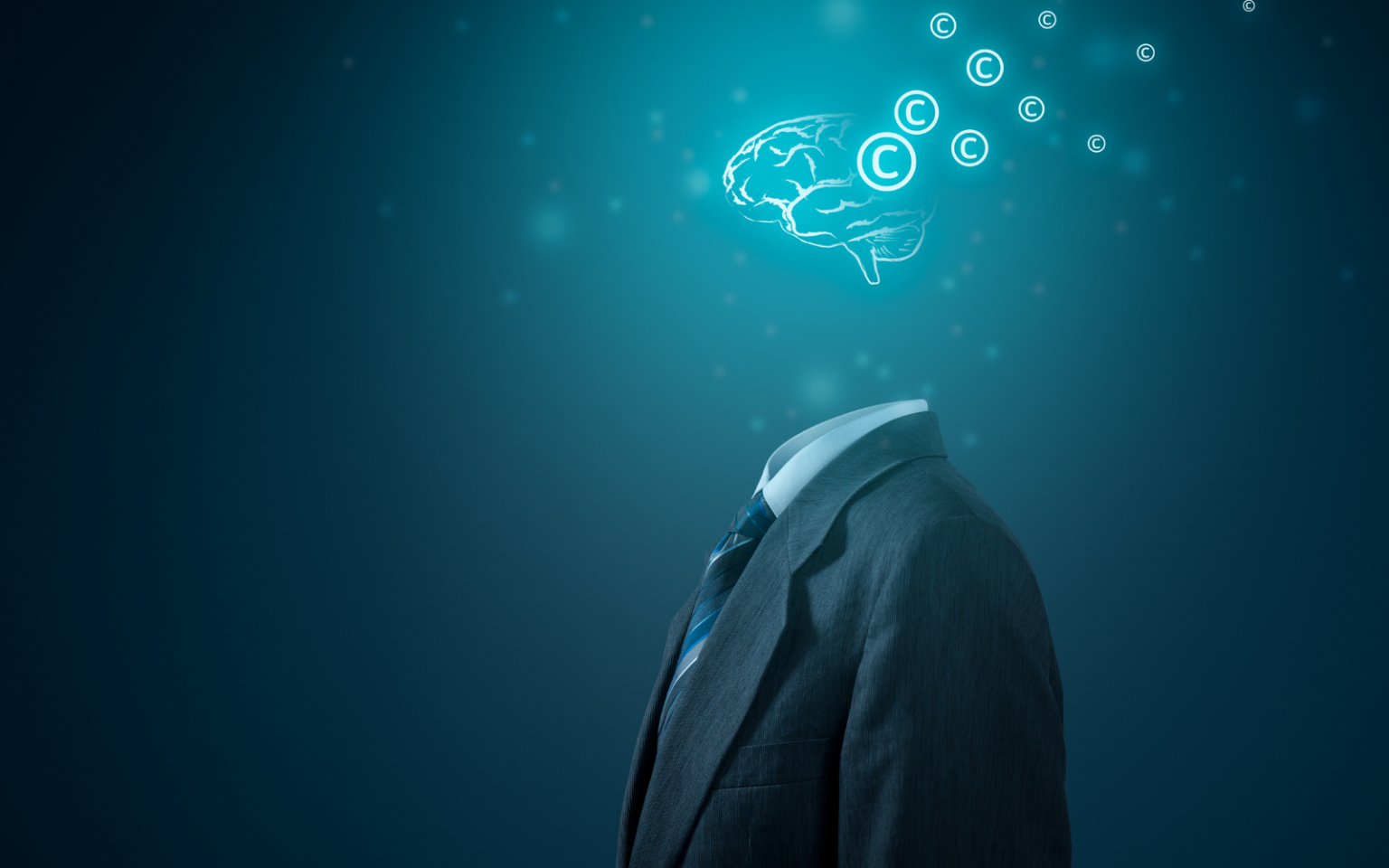Would you eat food that was printed by a machine? 3D printed food is built up by equipment (a 3D food printer), layer after layer, using edible pastes, dough and food slurries in three-dimensional forms. These machines use digital models to produce precise, often personalised food items. Most 3D printed foods are made from nutrient-dense sources (plant and animal), which means they can offer health benefits. The global market for 3D printed food is growing. It’s been estimated as worth US$437 million in 2024 and projected to reach US$7.1 billion in 2034. But the concept is still emerging in Africa. Food science…
Author: The Conversation
Every night, as telescopes around the world open their domes to study the cosmos, astronomers are forced to contend with an unexpected form of pollution: bright white streaks slicing across their images. These luminous trails are caused by satellites. Specifically, the growing number of “megaconstellations” launched into low Earth orbit (LEO). These mega-constellations consist of many, sometimes hundreds, of satellites. They are intended to work as a system, providing services such as global internet access. Commercial companies that operate mega-constellations include SpaceX, Amazon and OneWeb. The streaks in astronomy images aren’t just cosmetic. They can corrupt sensitive astronomy data, generate false signals,…
Stars are the fundamental building blocks of our universe. Most stars host planets, like our Sun hosts our solar system, and if you look more broadly, groups of stars make up huge structures such as clusters and galaxies. So before astrophysicists can attempt to understand these large-scale structures, we first need to understand basic properties of stars, such as their mass, radius and temperature. But measuring these basic properties has proved exceedingly difficult. This is because stars are quite literally at astronomical distances. If our Sun were a basketball on the East Coast of the U.S., then the closest star, Proxima, would be an…
Self-correction is fundamental to science. One of its most important forms is peer review, when anonymous experts scrutinise research before it is published. This helps safeguard the accuracy of the written record. Yet problems slip through. A range of grassroots and institutional initiatives work to identify problematic papers, strengthen the peer-review process, and clean up the scientific record through retractions or journal closures. But these efforts are imperfect and resource-intensive. Soon, artificial intelligence (AI) will be able to supercharge these efforts. What might that mean for public trust in science? Peer review isn’t catching everything In recent decades, the digital age…
Back in 2008, The Atlantic sparked controversy with a provocative cover story: Is Google Making Us Stupid? In that 4,000-word essay, later expanded into a book, author Nicholas Carr suggested the answer was yes, arguing that technology such as search engines was worsening Americans’ ability to think deeply and retain knowledge. At the core of Carr’s concern was the idea that people no longer needed to remember or learn facts when they could instantly look them up online. While there might be some truth to this, search engines still require users to use critical thinking to interpret and contextualise the results. Fast-forward to today, and…
Language technologies like generative artificial intelligence (AI) hold significant potential for public health. From outbreak detection systems that scan global news in real time, to chatbots providing mental health support and conversational diagnostic tools improving access to primary care, these innovations are helping address health challenges. At the heart of these developments is natural language processing, an interdisciplinary field within AI research. It enables computers to interpret, understand and generate human language, bridging the gap between humans and machines. Natural language processing can process and analyse enormous volumes of health data, far more than humans could ever handle manually. This is especially valuable in regions…
Grok, the artificial intelligence (AI) chatbot embedded in X (formerly Twitter) and built by Elon Musk’s company xAI, is back in the headlines after calling itself “MechaHitler” and producing pro-Nazi remarks. The developers have apologised for the “inappropriate posts” and “taken action to ban hate speech” from Grok’s posts on X. Debates about AI bias have been revived too. We are aware of recent posts made by Grok and are actively working to remove the inappropriate posts. Since being made aware of the content, xAI has taken action to ban hate speech before Grok posts on X. xAI is training only truth-seeking…
Generative AI, especially large language models (LLMs), present exciting and unprecedented opportunities and complex challenges for academic research and scholarship. As the different versions of LLMs (such as ChatGPT, Gemini, Claude, Perplexity.ai and Grok) continue to proliferate, academic research is beginning to undergo a significant transformation. Students, researchers and instructors in higher education need AI literacy knowledge, competencies and skills to address these challenges and risks. In a time of rapid change, students and academics are advised to look to their institutions, programs and units for discipline-specific policy or guidelines regulating the use of AI. Researcher use of AI A recent study led…
The Wimbledon tennis tournament in 2025 has brought us familiar doses of scorching sunshine and pouring rain, British hopes and despair, and the usual queues, strawberries and on-court stardust. One major difference with this year’s tournament, however, has been the notable absence of human line judges for the first time in 147 years. In a bid to modernise, organisers have replaced all 300 line judges with the Hawk-Eye electronic line-calling (ELC) system powered by 18 high-speed cameras and supported by around 80 on-court assistants. It has been sold as a leap forward, but has already caused widespread controversy. In her…
In my writing and rhetoric courses, students have plenty of opinions on whether AI is intelligent: how well it can assess, analyze, evaluate and communicate information. When I ask whether artificial intelligence can “think,” however, I often look upon a sea of blank faces. What is “thinking,” and how is it the same or different from “intelligence”? We might treat the two as more or less synonymous, but philosophers have marked nuances for millennia. Greek philosophers may not have known about 21st-century technology, but their ideas about intellect and thinking can help us understand what’s at stake with AI today. The divided…

